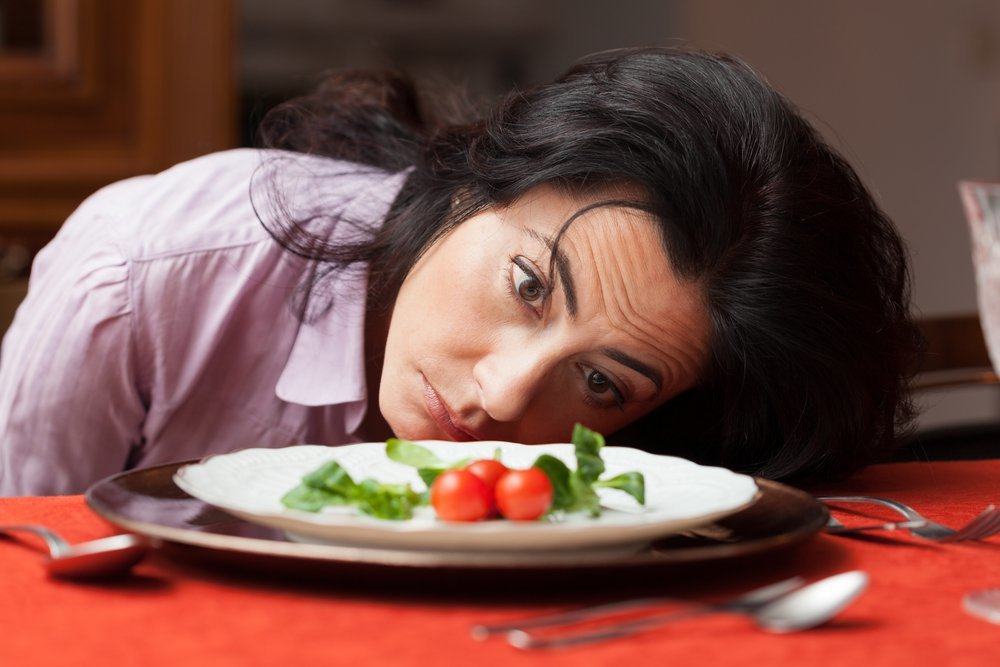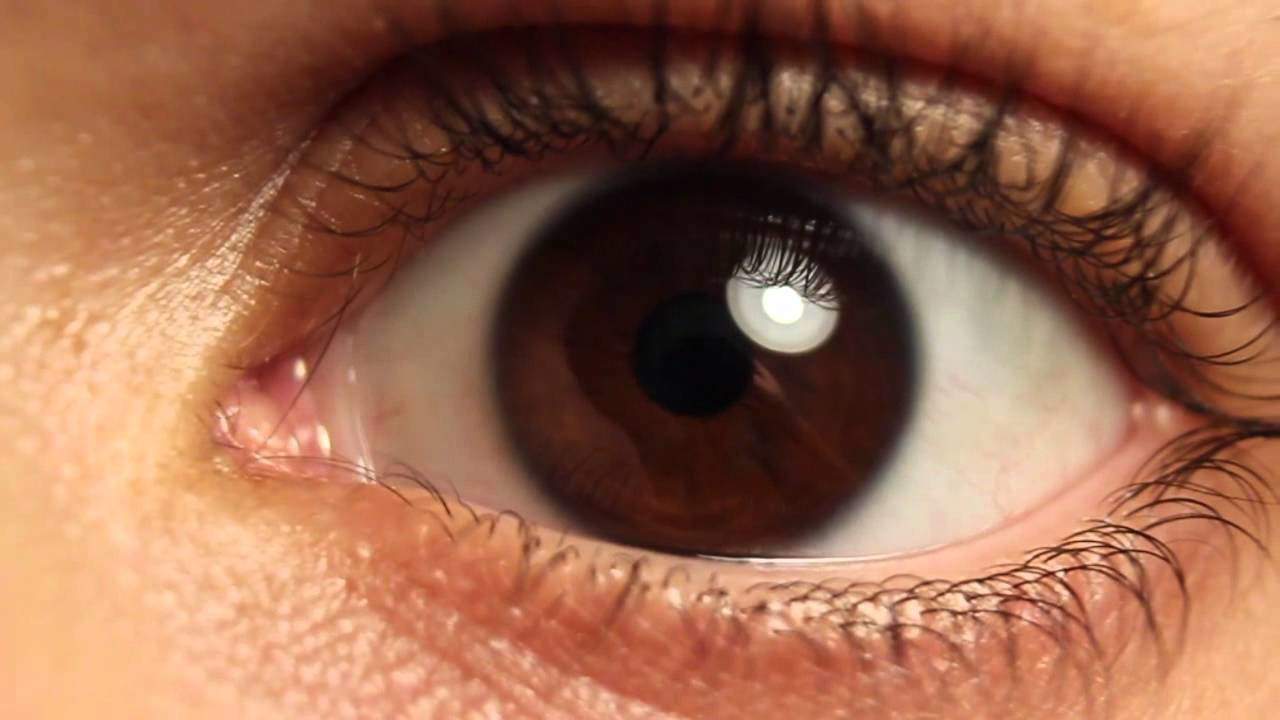Contents:
Medical Video: Intermittent Fasting & Hunger - What the Science says
No appetite is an annoying problem for people who are underweight, or constantly lose unwanted weight. You really understand how important it is to eat a variety of foods to maintain your health, whether it's to regain your ideal body weight or at least keep your current weight from falling.
Lack of appetite can be a side effect of the medication you are using, because you are under stress or stress, or you have just recovered from illness. Lazy eating can also come from foods that are not tasty. Or, in most cases, lazy to cook or find food to eat. No matter what the reason, if you are underweight, increasing appetite will ultimately impact better health.
How to increase appetite if you are lazy to eat?
You can force yourself to eat, but this will only add to stress. So, continue to look at this article to find out easy and fun ways to increase your appetite. Note: this advice is also good for elderly caregivers to use to get them to eat a little more.
1. Make mealtime a time to gather together
Eating alone, or eating at a work desk, might make you lonely. Drain the energy to mix a plate of food for yourself, how come it feels ... a little sad, huh?
Fight this feeling by taking office friends to lunch outside - or accept a friend's invitation to a table for lunch this time? - or invite your family and close friends to have dinner together at your house this weekend, and experiment with new recipes. Take time to eat with your family if possible, or join an arisan group in your community to give an impression of mealtime as a moment that you always look forward to.
2. Eat smaller portions more often
A large plate of rice and side dishes may be difficult for you to eat in one meal, but the idea of "snacking" might be too tempting to leave. So, instead of forcing yourself to three big meals a day, treat 6-7 servings of snacks throughout the day instead. Smaller portions of food are also easier to prepare.
"Avoid empty calories, like wet cakes, chips, sugar, and soda," said Kathleen Zelman, RD, director of nutrition at WebMD. "As you get older, you need fewer calories, but your nutritional needs will be higher. So the more you are lazy to eat, the more nutritious your food will be. "Choose high-calorie and nutrient-dense foods, such as natural peanut butter, dried fruits, nuts, homemade smoothies from fresh fruit, yogurt and milk, cheese, avocado, and legume. Add favorite sauces, dressings, grated cheese or melted cheese, butter, or gravy to mashed potato, rice or pasta toppings to increase your calorie intake.
The calories you consume through snacking in this way will increase, but it will not be followed by a feeling of "dumb" and drowsy stomach that is always present every time you finish a big meal.
3. Make sure your favorite food stock is always ready
You will find it easier to eat more if faced with foods that you really enjoy, so make sure you keep a stock of your favorite snacks within reach.
Fill your fridge and kitchen with your favorite food ingredients so you always have food ready. If you don't feel like bothering to travel to a supermarket or market, ask for help from family members, carers / household assistants, or to buy some of your favorite foods. Local or online shipping services can make it easier for you to shop for groceries and get them even on the same day. When you cook, make a large portion to share the next few days, or exchange lunch with office friends.
Keeping your favorite easy recipes in a journal can also help you in the crucial moments you need ideas for cooking.
4. Make food more attractive
If you are not hungry because the food looks or feels tasteless, try to find a way to make it shake your tongue more. We eat with our eyes, so your plate arrangement is as tasty as possible with a variety of foods and colorful shades. Try to combine foods with two different colors, such as broccoli or red pepper on top of pasta, or just by placing a few stalks of parsley on your plate. Eating foods of various colors also ensures that you get all the nutrients you need.
If you have difficulty chewing or swallowing food, it might help to change your physical diet. You can cut or chop raw meat and vegetables into small pieces so you can easily chew them. Add fluids (broth or milk products) and puree your food, making it easier to swallow, or eat soft foods such as soup, yogurt, and soft fleshy fruit. The sense of smell also plays a role in appetite. Although for some people, cold food is more appetizing, in some cases, heating food will make it more fragrant, and may make you feel hungry. All this is more to each individual's taste, so you need to decide what is most appetizing for you.
Because our sense of smell and taste often decreases with age, you can also feel that food doesn't taste as good as it used to. Strengthen the taste of food by adding spices or herbs to enrich the natural taste of your food. Maybe a drop or two of sambal, Tabasco, or Sriracha. Other flavor enhancers such as vinegar, lemon juice and mustard can also add dimensions to taste. Don't add salt - most people already have too much sodium in their diet. if you have high blood pressure, you should talk to your doctor about consuming salt or choosing salt substitutes.
Adding a variety of your eating menu can help make food more interesting too. Frequently experimenting with new recipes or new types of food is a good way to encourage your appetite.
5. Drink water between meals, not during meals
Drinking water just before and during meals may reduce the amount of food you will eat because it is interrupted by additional fluid volume. It's okay to enjoy a drink with your food, but drinking only a few sips so you can focus on food. Then, drink water or suck ice cubes between meals. You can also make your own delicious fruit smoothie (Add more calories for your smoothies with a spoonful of peanut butter or protein powder).
6. Exercise
Burning calories through exercise may seem just the opposite of logic. How can exercising actually increase appetite, not just to make you tired and not excited?
Actually, physical exercise helps stimulate appetite. Physical activity releases chemical compounds in the brain that can improve your mood and stimulate your appetite. Get at least 30 minutes of cardiovascular exercise every day, and include strength training that targets all of your major muscle groups twice a week. Even if you only walk 10 minutes at a time, two or three times per day, this mild physical activity can increase your desire to eat more.
READ ALSO:
- 7 Low-Carbohydrate Cuisine But Tasty
- 7 Basic Yoga Poses That Must Be Mastered by Beginners
- 12 Foods to Improve Hair Health












